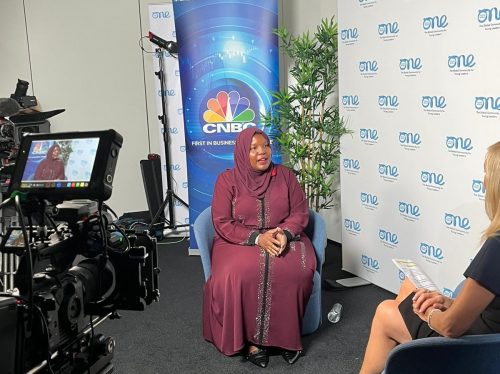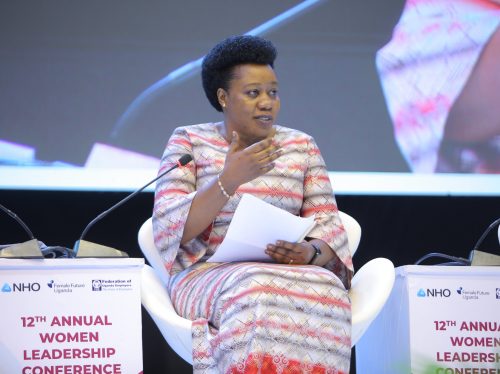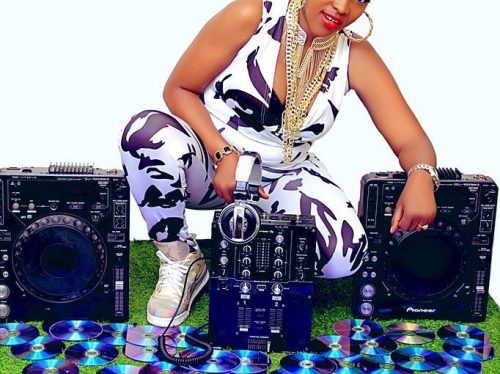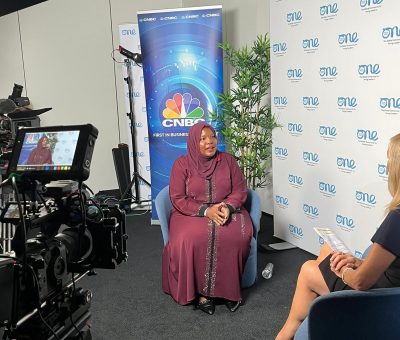- by admin
- in Interviews
Mentoring girls and women into leadership
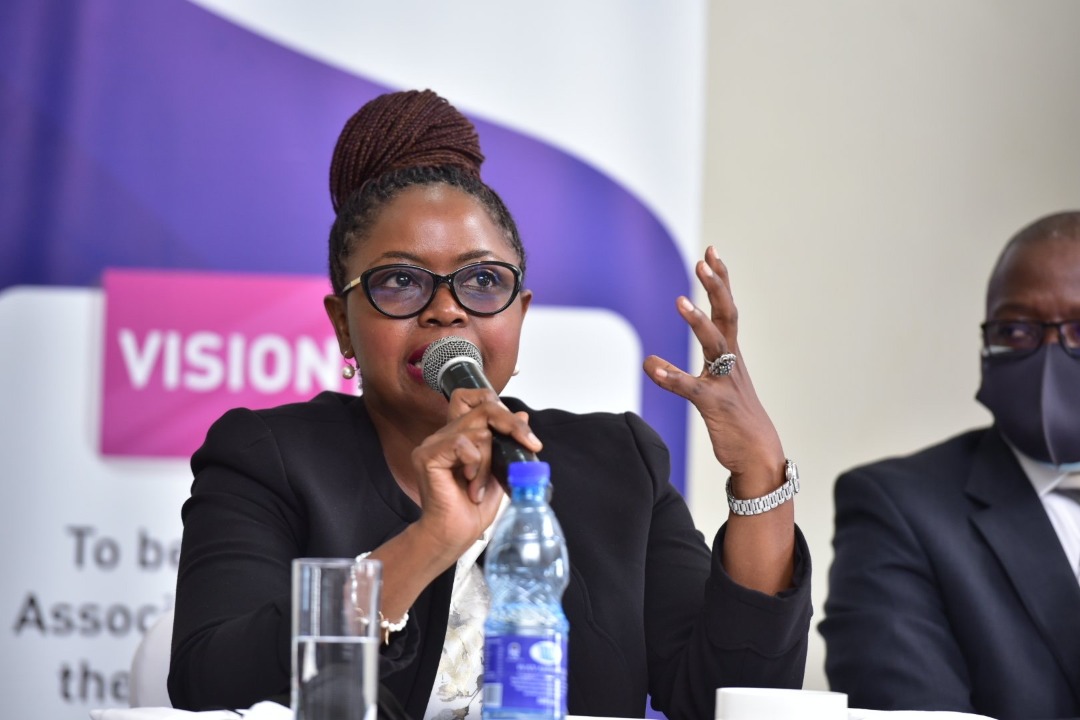
According to the Africa Forum website, in Africa today, only5% of the CEOs of major groups are women. In addition, businesses on the continent with a high number of women as board members have an operating profit over 20% higher than industry averages.
This proves that women are positively impacting the evolving world economics. It is even more interesting to see that leadership positions for women, in Uganda’s parliament today, have increased more than ever before.
Allen Sophia Asiimwe, a leadership coach and founder of Girls 4 Girls project, during a Ted talk says it is important to build leadership systems and pass on skills to others for collective growth.
“You don’t want to start a culture that if you are not in the office, nothing moves. Be very afraid if you’re the one who unlocks every problem at your workplace.”
She further advised that it is essential to adopt new ways of working as a leader, a new attitude, and a new culture. The idea of perfectionism will only lead to burn out and anger; trust your team to deliver.
Being a passionate feminist, leadership and mentorship coach, Asiimwe and her team started a project called Girls 4 Girls that, aims to train and empower girls into leadership.
Why Girls 4 Girls?
When we established Project Girls 4 Girls (G4G), our dream was to empower girls and women to lead in their spheres of influence.
The project was officially launched in 2018, at Mary Reparatrix Bugonga –Entebbe and many girls benefited.
How does it work?
Upon inception, 65 girls aged 15 to 18 participated in mentoring sessions.50 women professionals from government, private, civil society, and development sectors were identified and trained as mentors. These mentors are responsible for training and mentoring the younger girls.
Since then, G4G has launched 10 mentorship circles with 117 mentees at St. Mary’s Namagunga Girls School between ages 17and 18 with 25 mentors participating.
Any challenges so far?
Many mentees have faced confidence and self-esteem issues. They express fears of failure and disappointing their parents or themselves plus relationship issues with school administration and with parents. However, they still have high aspirations and dreams for the future.
How do you measure success?
Following mentorship sessions, mentees have since established their own circles called “Heart and Soul” for younger girls in the school. They address issues of self-esteem, confidence, identity and other challenges facing the school community.
One mentorship circle was launched at UMEME, the largest distributor of electricity in Uganda, with 15 young women between 25 to 35 years old. The women are managers and administrators working in a male dominated industry and they discuss challenges they face, such as low confidence and self-esteem, ways to boost their careers, and work/life balance.
What are your future plans?
Our goal is to reach over one million girls and 13 countries. Currently we are impacting many girls’ lives in different countries including Uganda, Kenya, Zimbabwe, Zambia and others. We look forward to broadening our scope.
Any advice for women in leadership positions?
It doesn’t have to be you all the time. Select a team that shares the same dream and passion. Mentor them, trust them and let the system work for you.
Within the traditional leadership model, it is very hard to step back because you believe you’re the one with the perfect answer. This may become a challenge, especially for women leaders trying to prove their competence.
Try to fight the founder’s syndrome, keep out and let others utilize their skills. However, you can keep around and advise but also nurture others. It is important to learn to create a way out for yourself so that the team you have grown can show cause.



